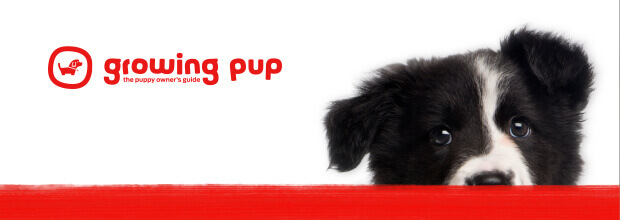The Borador is a combination of two of the best loved, and more successful, working breeds. This is a high energy dog that will need a lot of training and a lot of exercise. Where its likely that the breed has existed naturally for many a year, the intentional breeding of the Borador began in the early 2000s. The aim of the breeders was to create a breed that’s extremely smart and family friendly and so, the Border Collie and Labrador Retriever were selected.
To understand more about the origin of the breed requires an understanding of the two breeds that go into the formation of the Borador. The Labrador Retriever breed originated not in Labrador, but on the coast of Newfoundland in the 17th century. They were trained to bring in the fishing-nets through the icy waters for the fishermen and, in the early 19th century, were brought to Poole Harbour in Great Britain. They were so attractive and with such appealing personalities that the fishermen had umpteen offers from Englishmen to buy them. The breed, with their strong working abilities, was instantly successful as a gundog. The Earl of Malmesbury became fascinated by these dogs, known at that time as Saint John’s Dogs, and he started breeding them, calling them Labrador Dogs. Today, Labradors are still used as working gundogs as well as being beloved family pets.
The Border Collie dog breed dates back to the 1700s, although it was not given its present name until 1915 being previously known as the Scottish Collie or the Working Collie. There are several theories as to where the word ‘Collie’ comes from, but the most likely is that ‘collie’ means ‘useful’ in Gaelic, and these dogs are very certainly that.
Border Collies worked with shepherds in the border area between Scotland and England for hundreds of years, being bred purely for their working ability and quite rightly earning themselves the reputation of being the finest herders of sheep in the world. The Border Collie works silently and has a unique way of moving sheep, working in harmony with their owner using a combination of crouching, creeping and sprinting that allows them to be very precise in how and where they move their woolly charges. These behaviours have translated well to many of the modern dog sports.
The Borador can have any combination of the two breeds in their appearance, behaviour and temperament - but they will be hard working dogs with plenty of energy and stamina.













